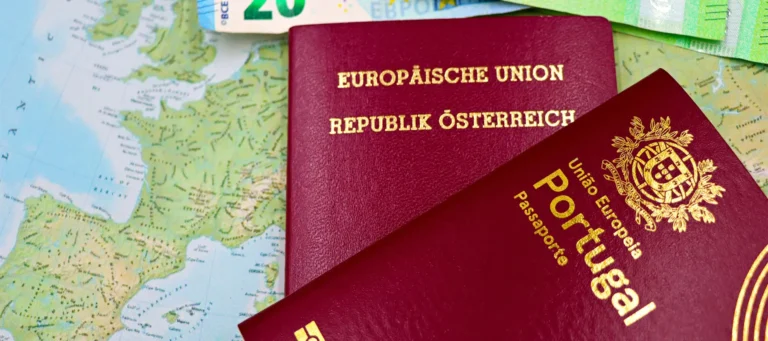Love knows no borders, but paperwork definitely does.
If you’re a foreigner planning to get married in Spain ,whether to another foreigner or a Spanish national , the good news is: yes, it’s possible! But there are legal hoops to jump through.
At Legal Allies, we’ll guide you through everything you need to know about getting married in Spain as a foreigner — with no last-minute surprises or legal headaches.
Can I Get Married in Spain as a Foreigner?
Yes. Spanish law allows foreigners to legally marry in Spain, whether:
- One foreigner marries another.
- A foreigner marries a Spanish citizen.
- Neither partner is Spanish (even as tourists, in some cases).
What matters is proving your identity, legal civil status, and residency or legal status in Spain.
Types of Marriage You Can Have
- Civil Marriage: The most common, performed at the Civil Registry, local Town Hall, or court.
- Religious Marriage: Valid if registered at the Civil Registry (e.g., Catholic, Evangelical, Jewish, or Muslim).
- Marriage before a Notary: Since 2021, you can also marry before a notary , often a quicker option.
Requirements for Getting Married in Spain as a Foreigner
Here are the general requirements:
- Be 18 or legally emancipated.
- Both parties must give free and willing consent.
- Neither party can be legally married to someone else.
- Must not be closely related (siblings, parents, etc.).
- If previously married, provide proof of divorce or widowhood.
Documents You Need to Get Married in Spain as a Foreigner
For the marriage application (expediente matrimonial), you will need:
- Valid passport or ID.
- Full birth certificate (legalized or apostilled).
- Certificate of no impediment or “certificate of capacity to marry” (based on your home country).
- Certificate of residence in Spain (covering the last 2 years).
- Certificate of civil status, if required.
- If divorced: divorce decree and previous marriage certificate with the divorce noted.
- Sworn translations of documents if not in Spanish.
Legal Allies Tip: Some consulates are very slow issuing certificates , start paperwork early!
Do You Have to Live in Spain?
At least one of you must show legal or habitual residence in Spain, usually with a residency certificate (empadronamiento). In exceptional cases, marriage is allowed without residence (e.g., marriage by proxy, humanitarian reasons).
How Long Does It Take?
- Marriage Application: 2 to 6 months, depending on the Civil Registry.
- Civil or Notarial Ceremony: Once approved, the ceremony can happen in weeks.
Heads up: In some areas, waiting times for appointments are long. Plan ahead!
What If My Partner Can’t Come to Spain?
You can request a marriage by proxy, with a notarized authorization issued from their country. Alternatively, you can marry abroad and register it in Spain if one spouse is Spanish or a legal resident.
What Happens After the Marriage?
- You can register the marriage at the Spanish Civil Registry.
- If your spouse is Spanish, you can apply for residency as a family member of an EU citizen.
- After one year of marriage and legal residence, you can apply for Spanish citizenship by marriage.
How Can Legal Allies Help?
We don’t plan weddings (yet!) , but we do everything else:
- We verify your documents and explain what you need based on your country of origin.
- We help you get certified translations and legalizations.
- We assist with the marriage application and booking appointments.
- If issues arise with the Civil Registry, we provide legal support to defend your right to marry.
- And we do all of this in your language thanks to our multilingual legal bot and specialized lawyers.
So, yes you can get married in Spain as a foreigner., Just make sure you follow the rules and have your paperwork ready. Handle the legal side properly, and your “I do” won’t come with legal drama.
Getting married soon? Let Legal Allies help make your biggest stress picking the outfit not filling out forms.




